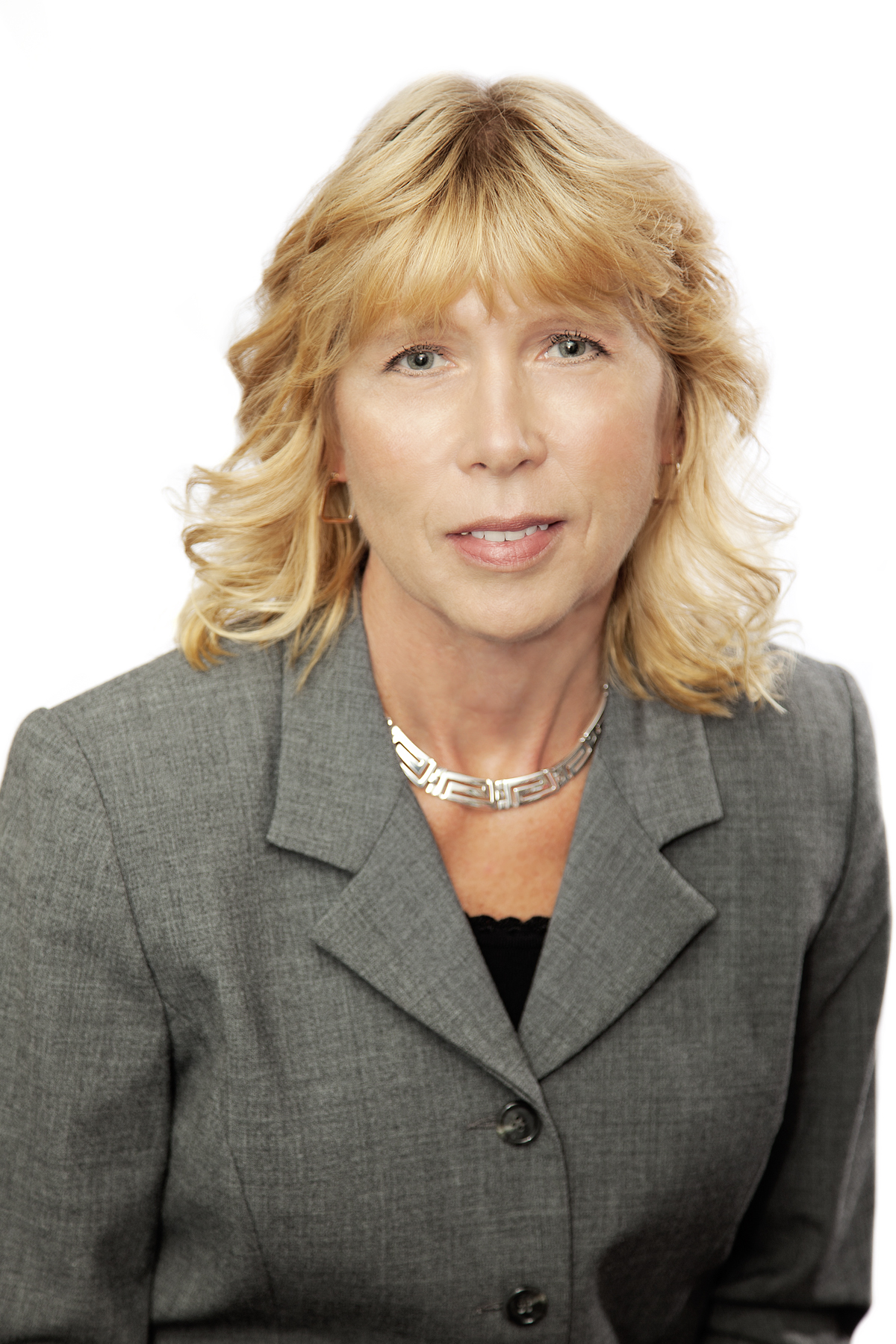7 Practices to Navigate a Painful Holiday Season

For many, Christmas brings words and feelings of: joy, family, love, happiness, comfort, hope, togetherness, memories, and traditions. But if you’re like me and are in a season of difficulty, these words made you cringe or cry.
This year I’m in that group of wives that aren’t looking forward to Christmas and will be happiest when it is over. December 25th comes around whether we want it to or not. If you are in a difficult time in your life or marriage, you may need some ideas on how to handle this season in a way that will make it less painful and more bearable.
Here are some things that we can do to make it easier for us:
- Re-evaluate your traditions. Just because you have always done things a certain way doesn’t mean you have to do them that way this year. I am not putting up a Christmas tree or decorating the house. I don’t want the daily reminder that my grandkids won’t be here.
- Watch your triggers. Whatever it is that is causing you pain, has triggers. If you are prepared for them, you will handle them better when they happen. Mine are seeing people with their grandkids and reading about how they are preparing for their time with them. To best guard my heart, I am not looking at the posts on my personal Facebook.
- Show your emotions. This isn’t a time to pretend that your life is perfect. You don’t have to pretend to be happy when you’re not and you can be honest with safe people that you aren’t doing well. I’ve been honest with the people closest to me because I need their support.
- Know your options. If you have parties and get togethers to attend, plan ahead to leave when they get uncomfortable. If you do go, you don’t have to stay the entire time. I’m choosing which ones I want to go to and which ones I don’t. For all of them, I have a choice of how long I stay.
- Speak your truth. Don’t let people push you around. You can speak your truth and set boundaries without other people’s permission and agreement. If you don’t want to do something, say no without an explanation. No is a complete sentence. There are certain things my husband wanted to do this year that weren’t okay with me and I simply said, “No, I can’t.”
- Choose your support. People who haven’t been in your shoes won’t understand. Don’t expect them to. If you need emotional support, go to someone who you know will get it. You don’t need anyone to shame you on top of the pain you already have. You might want to post in response to this article below or in the A Wife Like Me Gathering Facebook page so other women in the same place as you will validate you. As I stated earlier, I talk to a few friends who know me and my situation well.
- Understand your jealousy. When you are hurting a lot, it is normal to feel jealous when you see others who have what you don’t have. Recognize this as a sign that you truly are hurting. If you had a burn on your arm that hurt every time your clothing brushed on it, you would be reminded of your injury. Emotions are a sign that there is something going on in your life that you need to pay attention to. Be compassionate with yourself and understand why you are feeling jealous. I’m feeling that way about people who I know have a family where everyone gets along so they can all be together. I’m not telling myself I am bad for feeling envious.
I hope these ideas will help you to take good care of yourself and your marriage this Christmas season.
Wife Step: Review the ideas and make some decisions about how you will navigate this holiday season. Share them with your husband.

Karla Downing is the author of the Evangelical Christian Publishers Association 2004 Silver Medallion Award winner, 10 Lifesaving Principles for Women in Difficult Marriages. Her second book, When Love Hurts: 10 Principles to Transform Difficult Relationships, applies the same principles to all family members. Her third book, The Truth in the Mirror: A Guide to Healthy Self-Image, offers a unique and life-changing approach to looking at self-image.
She holds a Master of Arts in Marriage and Family Therapy from Hope International University. Karla also holds a Bachelor of Arts and Master of Arts in Communicative Disorders from California State University, Fullerton. She is a licensed Marriage and Family Therapist and a licensed Speech Language Pathologist. Karla was also the director of Friends in Recovery, a Christ-based, Twelve-Step recovery program.
Karla lives in Southern California. She has been married for over thirty years and has three adult daughters.



0 Comments